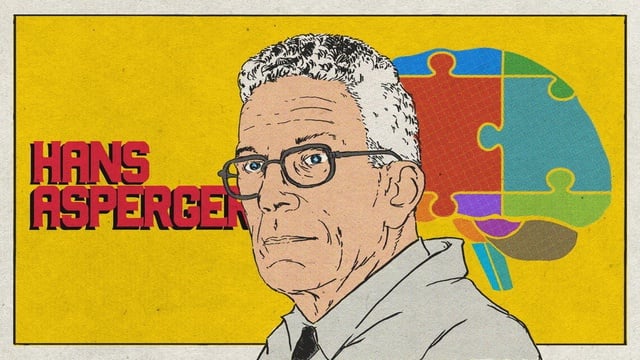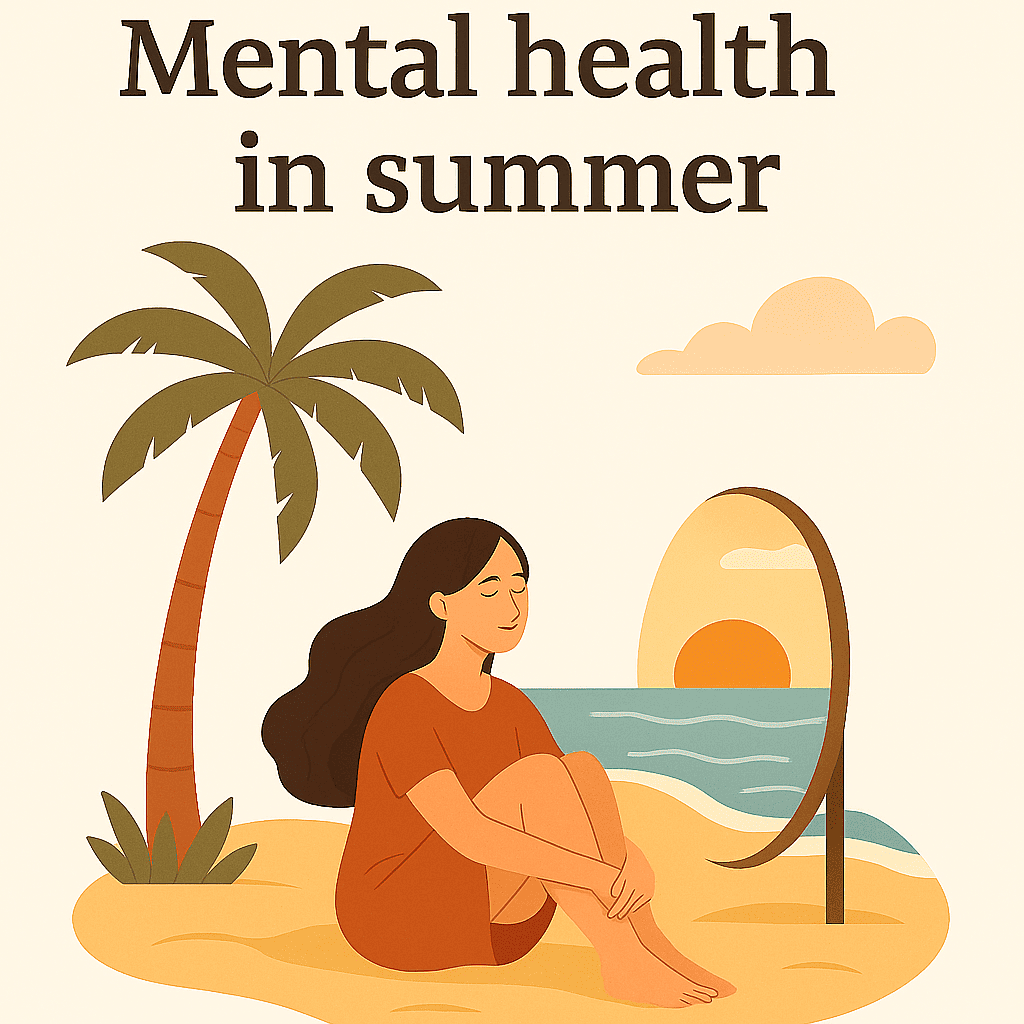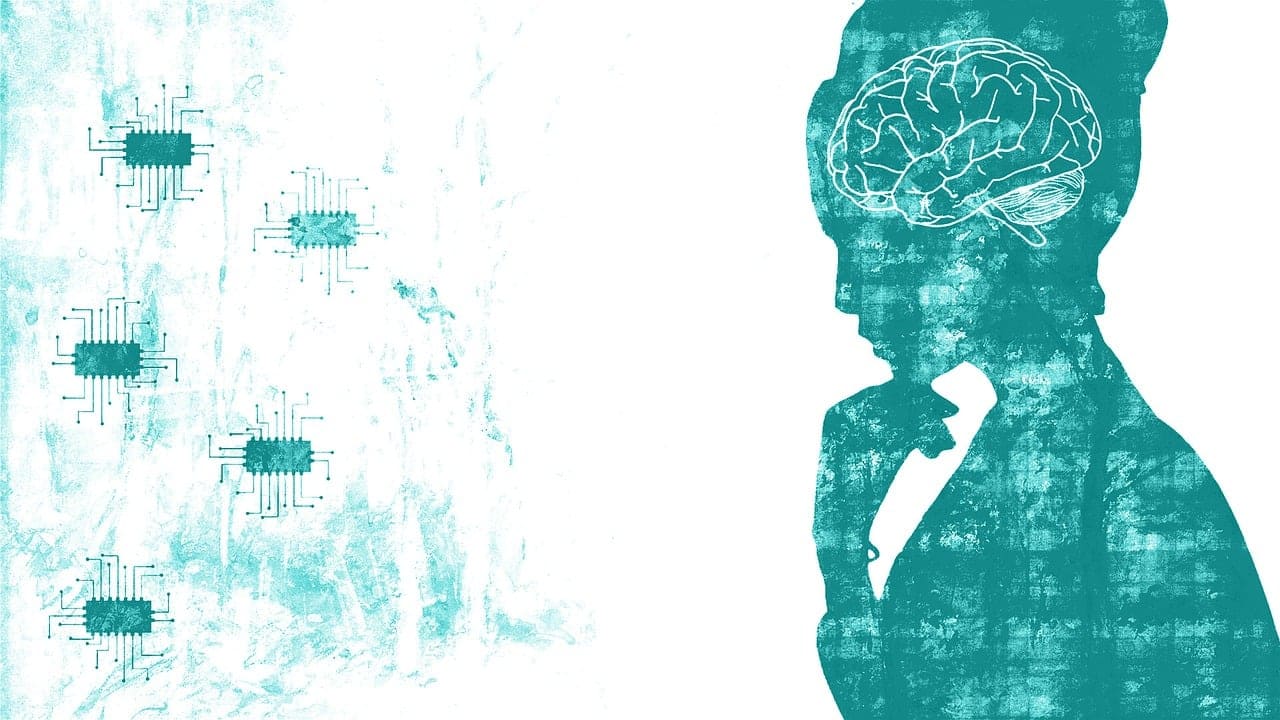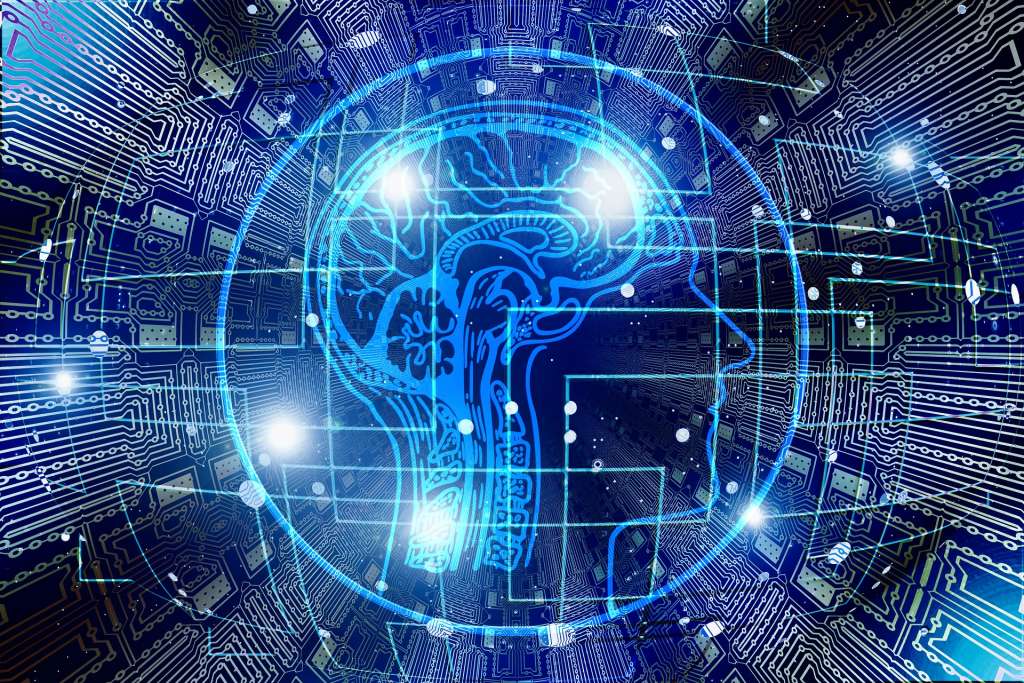Eating Disorders (ED) are a complex and sensitive issue that, unfortunately, is on the rise in Spain.
In recent years, ED cases have seen an alarming increase, affecting increasingly younger individuals. Recent studies show that one in four children admitted to Spanish hospitals for EDs is under the age of 12. This phenomenon is deeply linked to societal pressures around body image and exposure to social media.
However, it’s crucial to understand that eating disorders are not merely a matter of aesthetics; they are mental health conditions that severely impact physical and emotional well-being.
Taking Care of Yourself or Falling into an Eating Disorder
Self-care involves healthy habits that promote physical and mental well-being: regular exercise, a balanced diet, and adequate rest. However, this pursuit of health can cross a line and turn into an obsession with controlling one’s body or food, leading to an eating disorder (ED).
The fundamental difference lies in balance: when the desire to take care of oneself stops being enjoyable and starts generating anxiety, social isolation, guilt, or obsessive thoughts, it’s time to pay attention.
More Than Just a Concern About Body Image
Although social pressure is an important factor, the origins of EDs are complex and multifaceted. They can be influenced by genetic factors, emotional imbalances, family dynamics, and sociocultural factors.
The Influence of Social Media on Body Perception
Digital life has transformed how young people perceive their bodies. Social media platforms are filled with content that promotes unrealistic beauty standards.
Extreme dieting challenges or “body transformations” can be dangerous as they often trigger constant comparisons and feelings of inadequacy. In some cases, algorithms amplify the consumption of such content, exposing vulnerable youth to messages that perpetuate body dissatisfaction.
As I always say, technology and social media are not inherently the problem, but without critical education, they can act as a trigger for developing eating disorders.
It’s essential to understand that EDs are mental health conditions. They are not “just a passing trend” or “teen whims”; they are illnesses that require comprehensive treatment.
Consequences: Physical, Emotional, and Social Damage
The impact of EDs is devastating. Physically, they can lead to malnutrition, cardiovascular issues, osteoporosis, and even death. Psychologically, they are often accompanied by depression, low self-esteem, anxiety, and social isolation.
Family and social relationships also suffer, creating conflicts and a sense of misunderstanding for both the patient and their loved ones.
Education and Prevention: Staying Ahead Is Key
I never tire of emphasizing the importance of education and prevention. Open conversations about the topic, both in families and schools, are essential. Above all, teaching young people to care for their mental health just as much as their physical health is crucial.
Beyond treatment, prevention plays a vital role. As a society, we must promote a healthy relationship with food and the body, educate young people to think critically about social media messages, and create safe spaces for discussing emotions.
If you have recognized yourself or thought of someone close while reading this article, it’s important to act.
The first step is to talk about it and seek professional help.





